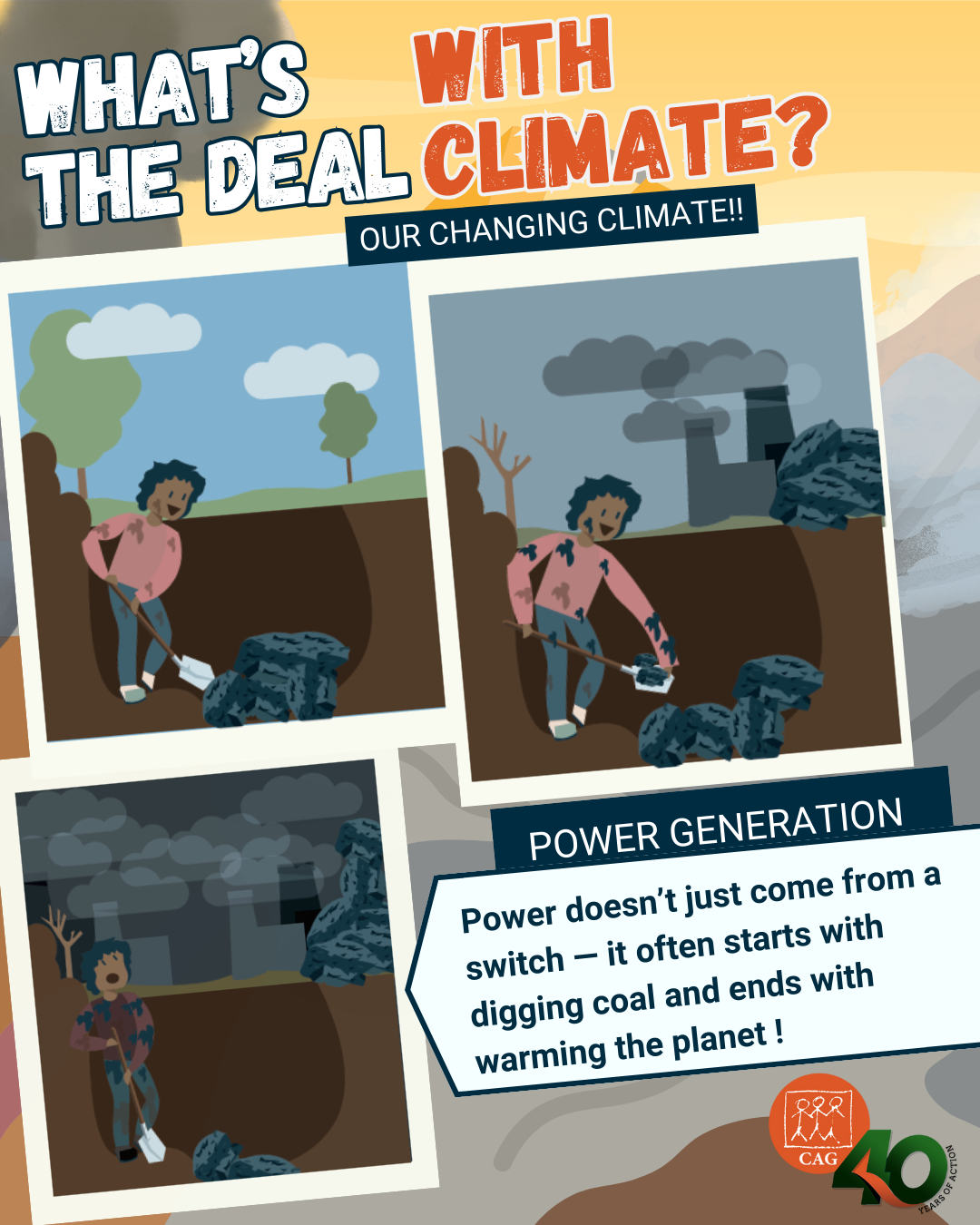Consumer Awareness Program on Telecom Services
Event Date
Address
In Map
Event Date
Address
In Map
A comprehensive evaluation of our work strengthening environmental sustainability, consumer protection, and civic accountability.
Electricity is often seen as clean at the switch, but generating power from coal involves mining and burning fossil fuels that release greenhouse gases. Recognising where our power comes from is essential for cutting emissions and choosing cleaner, greener #RenewableEnergy.

Join us as we take you on a quick tour of food safety. Small habits can make a big difference to the food you eat—microorganisms, for instance, often enter our bodies through simple daily actions. You’ve heard this before, but it bears repeating: wash your hands before you eat. Washing your hands after using the toilet helps prevent harmful bacteria and viruses from transferring to your food, reducing the risk of infections and food-borne illnesses.
Europe, Australia & the US enforce strict safety norms for long-distance coaches: multiple emergency exits, auto fire-suppression, breakable windows, fire-proof upholstery, and mandatory manufacturing standards.
India still allows customised sleeper buses with minimal oversight, no universal fire standards, no structural norms, and rare enforcement.
This MUST change NOW!
Have you ever seen a perfectly functional footpath that has been encroached upon by shops? This image shows a continuously laid footpath that has been taken over by a store for storage, forcing pedestrians to walk on the street. It is important for local authorities to take adequate actions against this misuse of public space. Additionally, it is your responsibility to distinguish between public and private spaces, ensuring that public areas remain accessible for everyone to share - who is 'you' here?
Event Date
Address
In Map
Event Date
Address
In Map
Most sleeper buses aren’t factory-made. They’re converted in small body shops with zero engineering checks . Interior decor acts as fuel, turning into toxic fire clouds within minutes . With exits blocked, the smoke spreads faster than people can wake up. Most operate outside safety approvals, putting passengers at real risk.
We cannot stay silent while unsafe buses keep claiming lives. Hold operators accountable
This picture was captured outside the compound wall of a government school in Chennai. It clearly shows various types of encroachment that are obstructing pedestrian pathways and occupying precious pedestrian space. By enforcing strict regulations, we can put a stop to these encroachments that are diminishing valuable walking areas. It’s no surprise that parents are hesitant to let their children walk to school if our roads continue to deteriorate like this. Let's push our local authorities for better pedestrian infrastructures so our children can start walking to school.